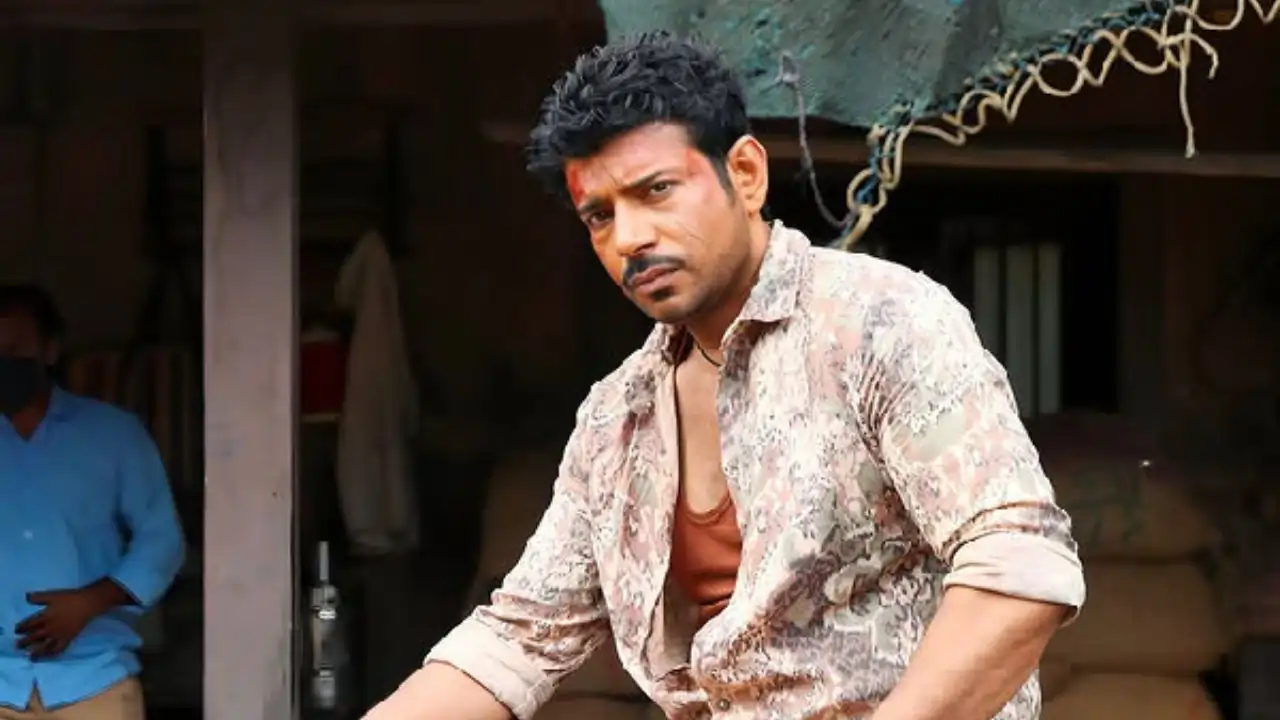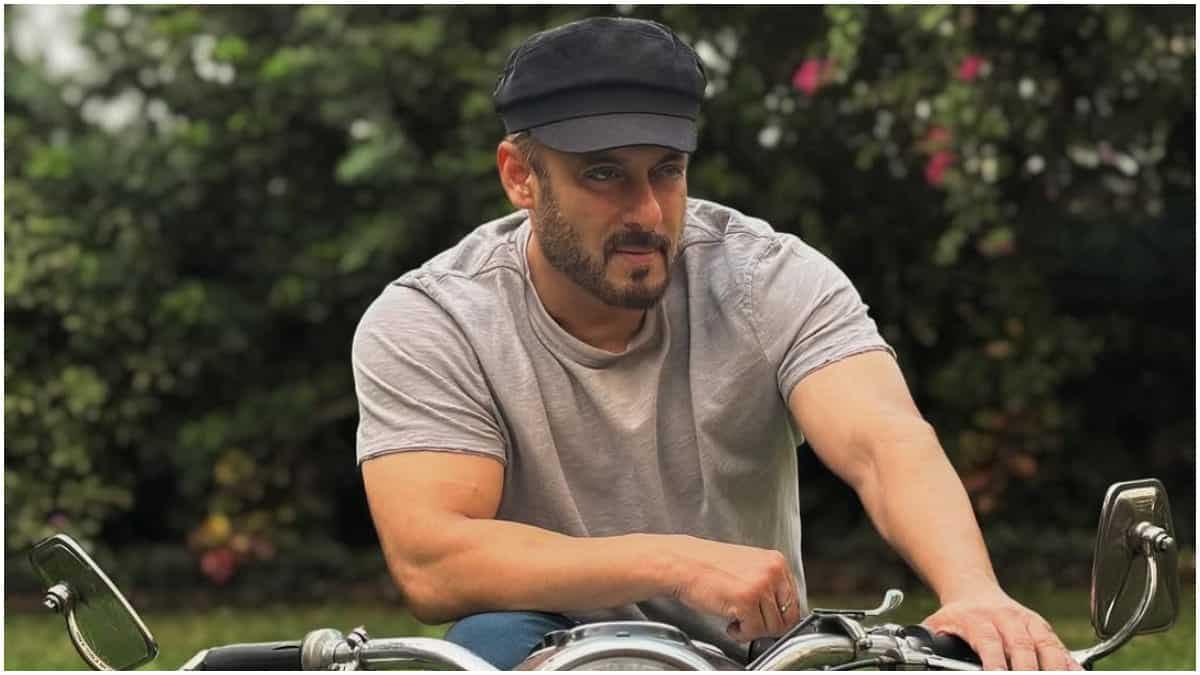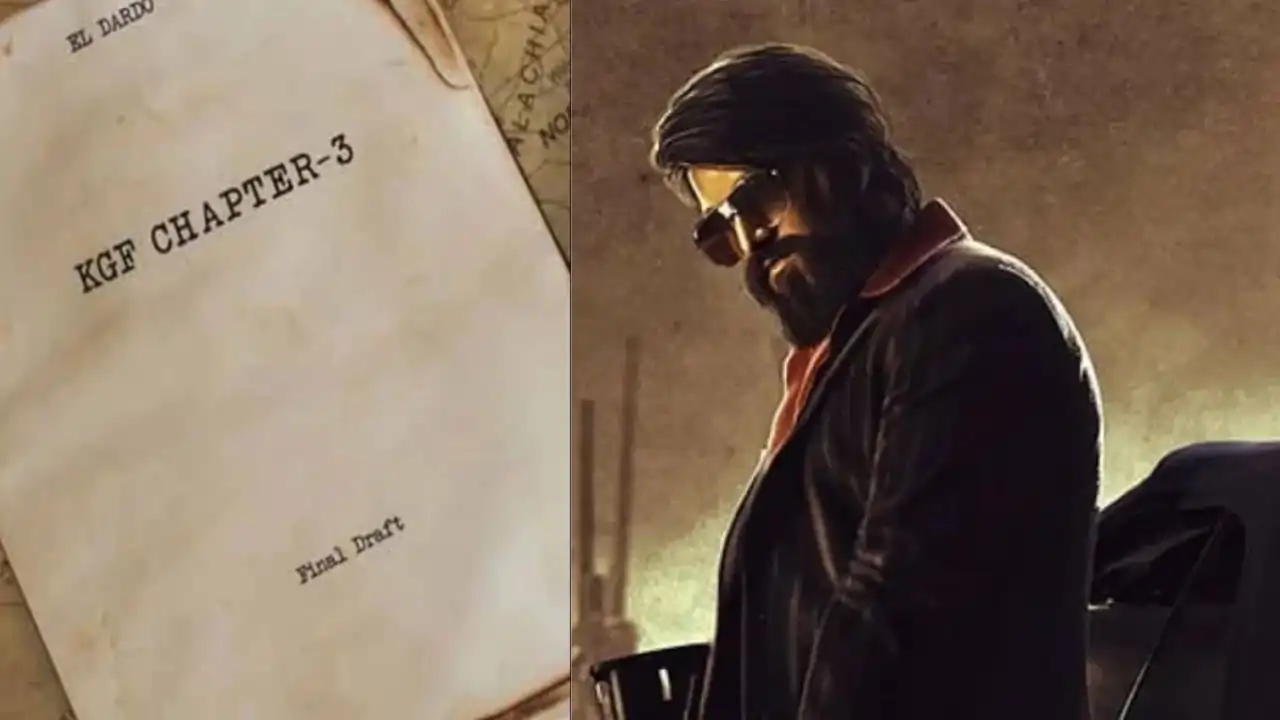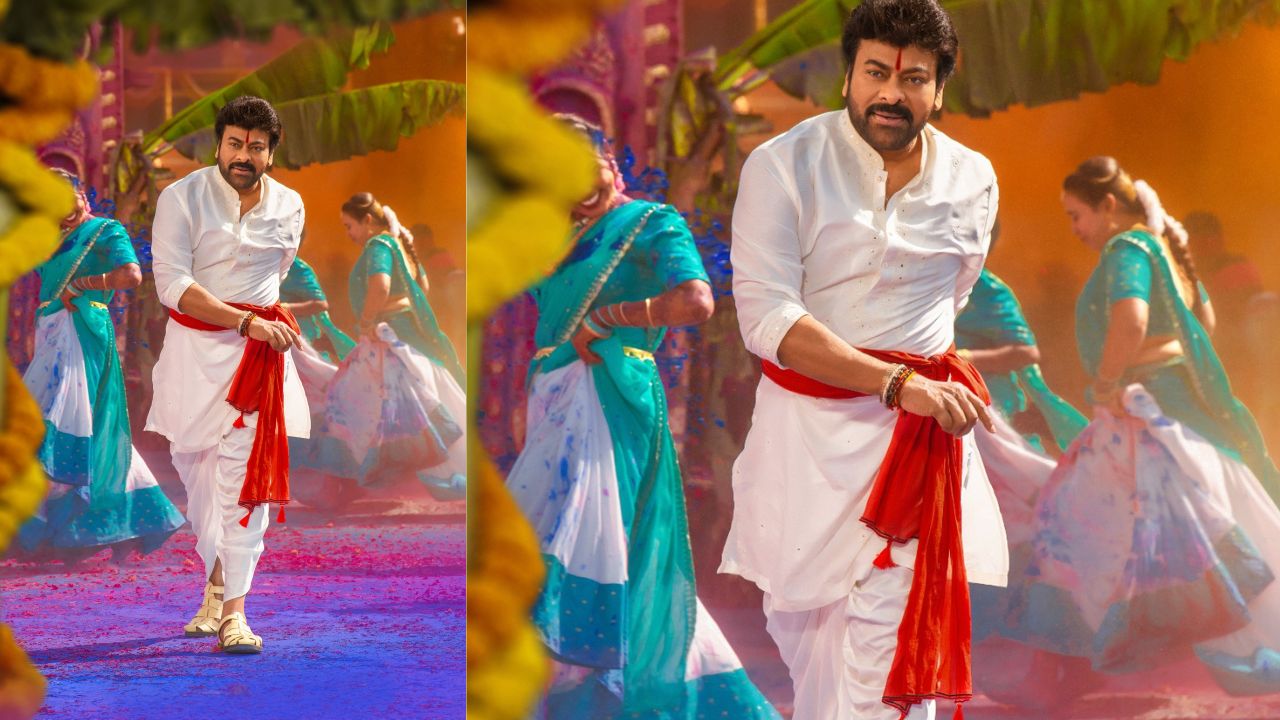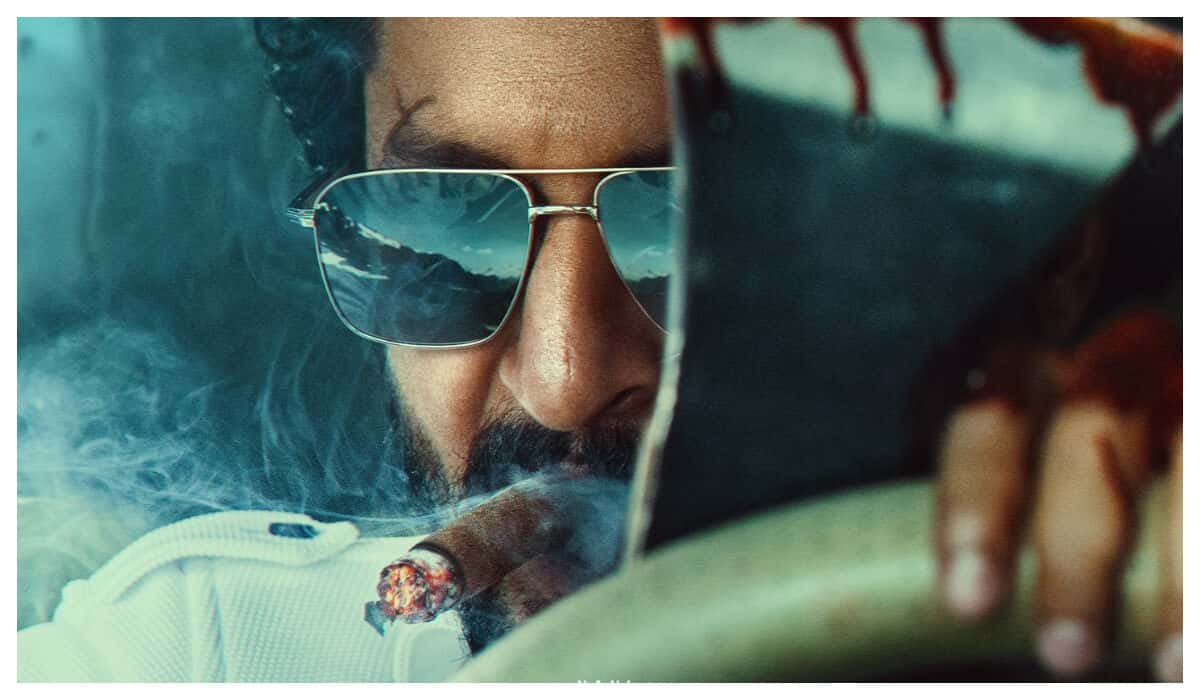
Being a hero: Why Gurfateh Pirzada is the greenest flag on screen
5 months ago | 5 Views
Is Gurfateh Singh Pirzada the greenest flag in entertainment today? Let’s review the data. He debuted in 2018, with the film Friends in Law, playing a gay son, stranded in India as his mother spends 10 days in Bangkok with his partner. A bold opening. He got noticed in last year’s show Class, as Neeraj, a young man who’s done prison time, but isn’t afraid to call out casteism among his elite classmates. Okay, we’re interested.
Then, his breakout role in September, with Call Me Bae. Pirzada plays Neel, dashing journalist and surprisingly empathetic mentor to a young woman in the midst of a #MeToo reckoning. He’s supportive, aware of his privilege and wants to do better. All right, who is this guy? Pirzada, 29, is working on finding the answer too.

First lessons
Growing up in Punjab, then in Delhi after his parents separated when he was nine, Pirzada says he didn’t have much of an understanding of what it meant to be an ideal man. “There were many examples of the kind of man I didn’t want to be,” he recalls. So, he took his cues from the women in his household, his mother Paramjit Kaur, an educator and poet; and elder sister Mehreen, an actor.
Unsurprisingly, school was tough. Pirzada was called sensitive and bullied for it. “Teenage aggression took over at some point,” he admits. He was obsessed with Bobby Deol’s strong-and-silent role in Soldier (1998), and even copied Deol’s long curly hair style. The phase passed. “I realised I don’t have to be a macho man.” It was a whole decade later that Pirzada found a character that felt real to him: Ranbir Kapoor’s soul-searching Sid, in Wake Up Sid (2009). “I was a shy kid. I aspired to get out of my shell and explore the world like him,” he says.
He learnt from men too. “I didn’t grow up with my father, so my idea of being a man doesn’t come from him,” Pirzada says. But he did pick up ambition and dedication – both traits that are essential in Bollywood. His maternal grandfather, who told him war stories growing up, taught Pirzada discipline. “He tells me how to stay fit, appreciates the person I am and pushes me to do better.” And unusually for a man in the spotlight, Pirzada also credits an uncle as inspiration, because he addresses his wife as Darling. “How often do you see a couple who’ve been together for some 60 years do that? I want that,” he says.

The hero’s journey
Much of how he’s lived is now shaping how he approaches the characters he plays. In the 2020 film Guilty, he’s VJ, a man accused of sexually assaulting a woman who has a crush on him. He didn’t mind playing the monster. “We should depict it because that exists,” Pirzada says. Films such as Kabir Singh (2019) and Animal (2023) did it too. His VJ, however, isn’t glorified for being flawed. He’s punished for his actions.
Mostly, though, being a man in 2024 means trying to convince people you aren’t like the others. “It’s a tricky time,” he says. “The #MeToo movement had to happen some day, because most people in positions of power have abused their status, and should be held accountable. But the law is weak, so social media has pushed for justice. And online and in social circles, there’s every urge to say #NotAllMen. But that’s bullsh*t. We need to understand that treating women badly comes from generations of patriarchy and conditioning.”
Good role models on screen are few and far between. “There aren’t too many characters like Nalin Dalal, the husband who put his career on hold to let his wife’s star rise as a chef in Tarla [2023],” he points out. “Animal was one of the biggest hits in the same year. Tarla only got a streaming release. Why aren’t these films in theatres, with people going bonkers over them? We have a long way to go.”
So, change must start at home. Pirzada’s mother and sister assumed that he’d handle bank paperwork and finances. “Dealing with money is seen as a man’s job. My sister says I should invest her money for her. But everyone, male or female, should know where their money is. Talking about your feelings was seen as a feminine act. But it’s better to be an expressive man than to just pretend that everything is okay.”

Breaking it down
Besides, pop-culture is infested with stereotypes. Pirzada knows that the bad boy with a heart of gold is just as toxic as the villain. That the angry young man has low EQ. That fighting doesn’t make for a better man or a better world. “Every older person I meet keeps asking me to do an action film because only then will I become a big star. But, what if I don’t want to?” Pirzada asks. “I don’t want to be an actor who lives only on action films.”
It’s not so much that it is difficult to be an actor or even a guy, today. “It’s difficult to be a person,” Pirzada says. “Social media has given us certain freedoms to be expressive. Now, we put too much out there. Tech can edit even the most normal conversation into a horror show. If it goes viral, you’re done,” he says. “And in the inevitable social media trial, the person being tried is often the last person who gets the chance to speak.”
So, Pirzada is watching and learning as much as he can. He recently took a trip to Europe with his father. “We’re making up for that lost time now. I want to look up to him in a nicer sense. And learn more from him too.”
Navigating fame
The internet has changed how people view celebrities, says Pirzada. “Even people in small towns talk about actors as if they know them because so much information is out there,” says Pirzada. A relative recently asked him if one particular actor was cheating on his partner. Pirzada, meanwhile has a running joke with his sister: When you don’t have money, you’re asked to pay for things. But when you get famous and have the money, they give it to you for free!\
Read Also: Bigg Boss 18: Avinash Mishra-Eisha Singh's love story sets off with a proposal? Watch





